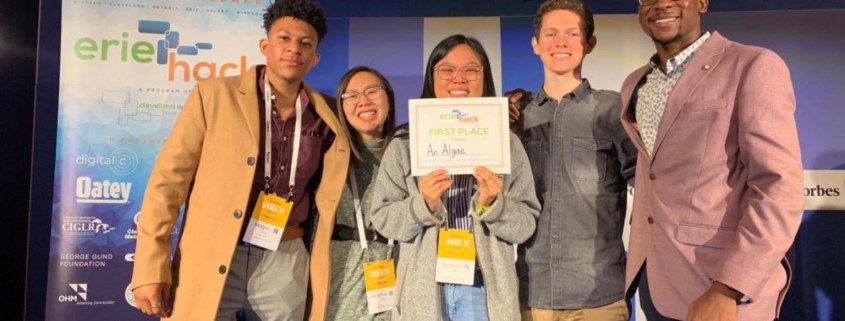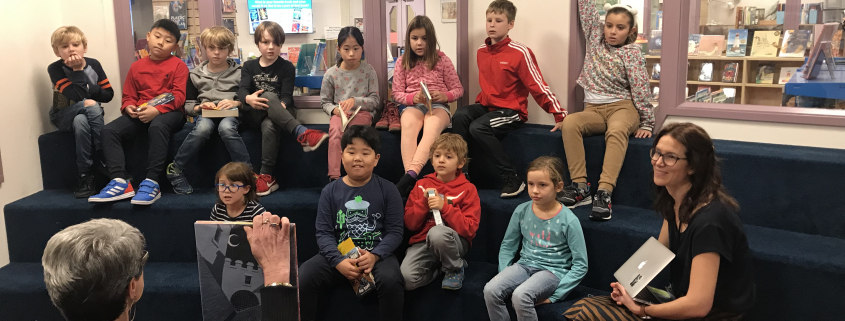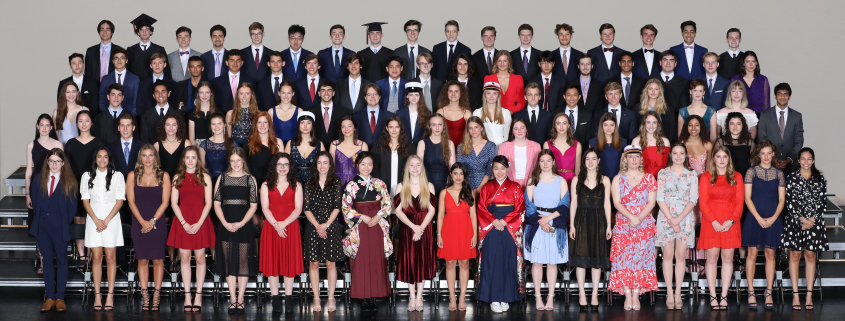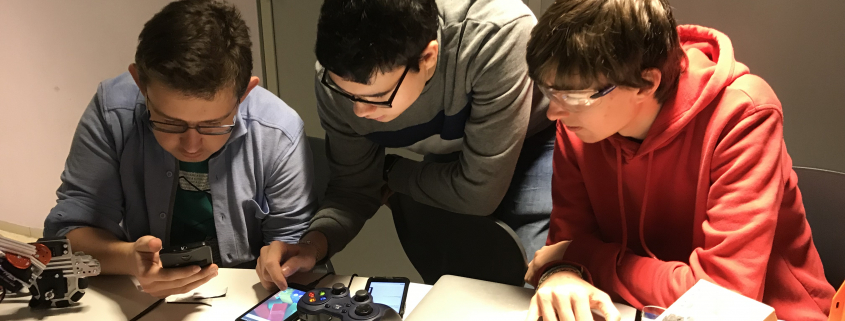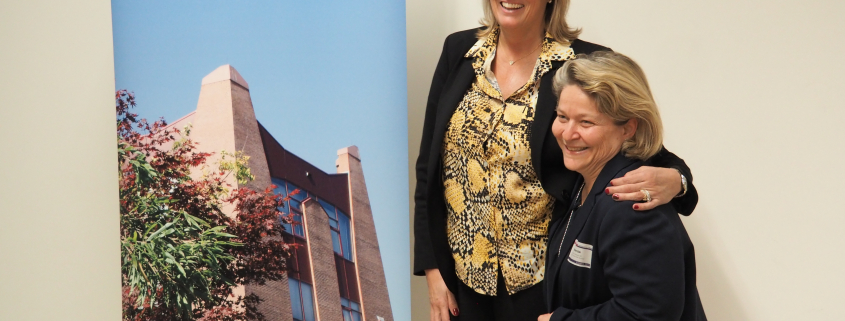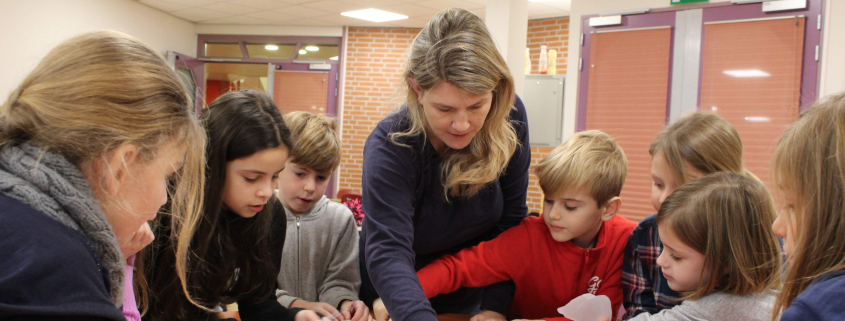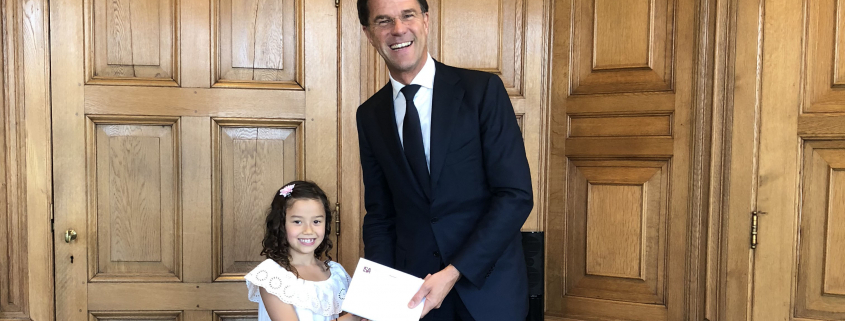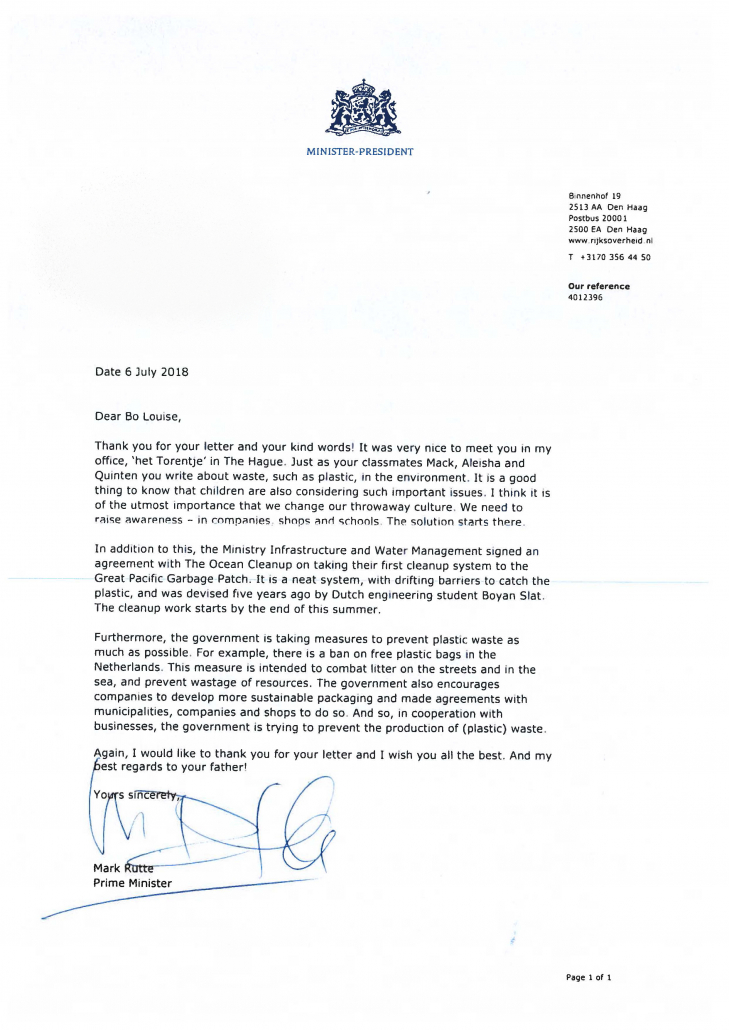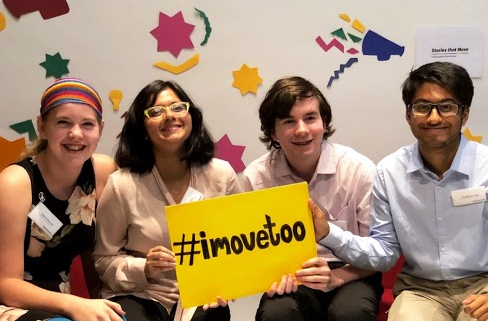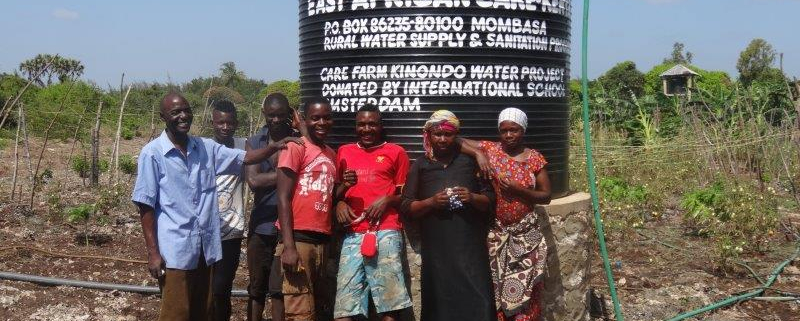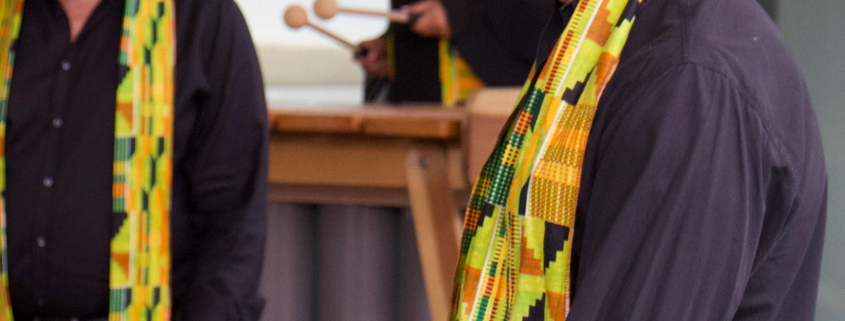The Xtreme Librarian and The Chicken Whisperer visit ISA for Book Week 2019!
/in All School, Lower School, Upper School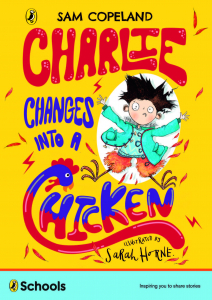
This week, ISA was lucky enough to be visited by ‘The Xtreme Librarian’ and ‘The Chicken Whisperer’, aka book ambassador John Schu and children’s author Sam Copeland, as part of our highly-anticipated Book Week 2019. This annual celebration of all things book-related, much loved by students and staff members alike, is designed to nurture a love of reading in students that will stick with them for life.
Our wonderful librarians organised a host of activities for students throughout the week, including quizzes and challenges, while tents are set up in the library to give students a quiet space to enjoy their current read. Each morning, a Mystery Reader read to students in the Lower School Library, with over 25 staff members volunteering this year, including ISA Director Dr. Bernadette Carmody.
Schu is a blogger and the Ambassador of School Libraries for Scholastic Book Fairs. Library Journal named Schu ‘The Xtreme Librarian’ for the high level of exertion he uses to get students reading! At ISA, Schu presented to students in grades PK-7 throughout the week, held a Librarians’ Workshop after-school and an All-Faculty Book Week Breakfast Workshop.
Copeland, a literary agent, children’s author and self-professed ‘Chicken Whisperer’ met with our Lower School students to talk about his new chapter book series, Charlie Changes into a Chicken and the sequel Charlie Turns Into a T-Rex.
Congratulations to the Class of 2019!
/in Alumni, All SchoolOn Saturday, 8 June 2019, ISA returned to Amstelveen’s Schouwburg Theatre to celebrate the achievements of the Class of 2019 and their milestone of completing the IB Diploma Programme. The grade 12 students and their families enjoyed a moving night of inspirational speeches and uplifting performances, culminating in each student walking across the stage to receive their diploma and officially become a member of ISA’s alumni community.
The evening included a range of emotions as students reflected on their memories at ISA and thanked those that helped them through their journey. The ceremony concluded with a reception, giving students, families, and ISA faculty and staff a final opportunity to celebrate the Class of 2019’s accomplishments.
Awards were given to the following students:
Award Winners 2019
The ISA Leadership Award
The ISA Leadership Award is voted on each year by ISA faculty and is given to a male and female student. This year, the award was given to Simone Appel and Jack Marsh.
CAS (Creativity, Activity, Service Award)
In recognition of his commendable effort and commitment to the service of others, Jake Raben was awarded the CAS (Creativity, Activity, Service) award.
The ECIS Award for International Understanding
The ECIS Award for International Understanding is presented to a student who has represented their country well, can speak at least two languages. Seohyun Kim received this year’s award.
The ISA Award
The ISA Award is given to a student who personifies the goals of the International School of Amsterdam, has a positive attitude to education across a range of subject areas and upholds a high ethical and moral standard. The ISA Award was presented to Charlène van der Kooij.
Simon Schilp Athletic Award
In recognition of their prestigious talent in the sporting arena for ISA, Ellis Huistra and Celeste van Petegem were presented with the Simon Schilp Athletic Award.
Dutch Prime Minister Responds to Letters from Grade 2
/in All SchoolWhen Grade 2 students began learning about persuasive writing in class, their teacher Melanie Smith wanted the lesson to have a real-life context, so she asked students to write a letter to a real reader, to persuade them about a topic that students felt was important.
Student Inquiry in the IB
A core principle of student inquiry within the Primary Years Programme (PYP) is that ideas come directly from students. Smith believes this is what makes the PYP such an exciting curriculum for both teachers and learners.
“I am very passionate about children building conceptual understanding through inquiry-based learning. I want the children to understand that their voices are powerful and they can make a difference. Through such inquiries, the children are able to build conceptual understandings that they will be able to transfer to different situations.”
So, Smith ’s students began by considering which issues mattered the most to them, raising topics such as the harmful effects of plastic in the ocean and the importance of wearing a helmet while cycling. They also considered persuading influential people who had the power to make real change, such as J.K. Rowling, Emma Watson and even Vladimir Putin. Smith felt that it was important to emphasise to students that even though they might not receive a reply, raising awareness of the issues was still very important.
A popular choice among students was Dutch Prime Minister Mark Rutte, with four students writing directly to him. One of the students, Bo Gunning, had the opportunity to meet Mr Rutte to personally hand over her classmates’ letters. To the delight of the students, Mr Rutte replied to each of their letters, thanking them for raising awareness of their issues and explaining the actions he had taken. Grade 2 students were excited to receive their replies from Mr Rutte and are hoping that he will come by the school to visit them in person one day!
Students and teachers help develop an online toolbox against discrimination
/in All School, Upper School
The International School of Amsterdam partnered with the Anne Frank House in an educational project to combat prejudice and intolerance
“In a world where discrimination is pervasive, inescapable, and rooted in the entire history of humanity’s existence, the next generation must be equipped to take on injustices wherever they may be found,” says Rania Khan, a Middle Years Programme (MYP) student at the International School of Amsterdam (ISA), in the Netherlands.
Rania is part of a group of students at the school, who have helped to develop Stories that Move, a free online toolbox for schools, which challenges learners (aged 14-17 years) to think critically about diversity and discrimination.
Created by the Anne Frank House with partners from across Europe, it is available in seven languages and has five learning paths, featuring assignments, information and short films of young people’s experiences of discrimination.
ISA was approached to become a project partner by the Anne Frank House in 2015, explains English teacher Shannon Hancock, who is one of the programme leaders. The school was able to offer extensive experience with online learning, a diverse student population (60 nationalities), innovative pedagogical practices, as well as an IB ethos of international-mindedness.
“The aim of the project is to create a framework and space for safe, open dialogue about identity, discrimination, and to inspire students to take positive action in one’s local and/or global community,” says Hancock.
It fits with the MYP, which encourages students to make practical connections between their studies and the real world and aims to develop active learners and internationally minded young people who can empathize with others and pursue lives of purpose and meaning.

Testing the toolbox
Students and teachers at the school have made an important contribution to the project. Hancock piloted the materials online and offline with students, as well as providing input on teaching strategies, content, design of lesson tracks and refining the learning paths. While Michael McGlade, Director of Educational Technology at ISA, has acted as a technical design consultant.
“The grade 8 teaching team also collaborated closely, by trialling the materials in their homerooms and providing feedback to the Stories that Move partners on both the look and feel of the online learning tool,” says Hancock.
McGlade and Hancock presented the project at two conferences and helped facilitate the international project launch and teacher workshops in Berlin in July.
Student input
Four students from ISA—Rania (from Bangladesh), Zozi Lencz (from Hungary), Trinabh Banerjee (from the Netherlands) and Leilani Hancock (from the US)—participated in workshops at the Anne Frank House and provided feedback and ideas. They were also asked by the Stories that Move team to present and lead a social media campaign at the international project launch.
The project has made a deep impression on the students. Leilani says: “Through these experiences, I have learned that we all deal with discrimination and intolerance each and every day, granted to varying extents. No one is immune.”
Trinabh adds: “I consider myself well-informed. Every day, I read the news stories of people who have faced discrimination, prejudice or racism as a result of a multitude of factors. Despite this, there is only so much information one can receive from a news story. And as I reflected personally, I began to realise the importance of personal stories. It’s not every day that someone who has faced discrimination comes up to you and shares their story with you face to face.”
The students have been asked to continue as ambassadors for the tool. This autumn, they launched a creativity, activity and service (CAS) club with the goal of creating a larger team of students to develop a series of parent workshops; to reach out to other schools in the Netherlands; to continue to act as speakers for the project at conferences and workshops and to prepare as teacher/student trainers for the tool.
 The school has also expanded its use of Stories that Move—it is now being used in grade 10 English as an additional language, grade 7 individuals and societies, and grade 8 homeroom. ISA’s grade 9 individuals and societies team plans to use the discrimination learning path section this semester. The Dutch department has also expressed interest in using the online learning tool in the Dutch language.
The school has also expanded its use of Stories that Move—it is now being used in grade 10 English as an additional language, grade 7 individuals and societies, and grade 8 homeroom. ISA’s grade 9 individuals and societies team plans to use the discrimination learning path section this semester. The Dutch department has also expressed interest in using the online learning tool in the Dutch language.
The toolkit is already garnering praise. It won the prestigious 2018 Comenius EduMedia Medal for excellent teaching materials, and will be presented at the UN headquarters in New York on 2 November 2018, at a conference to mark the 70th anniversary of the Universal Declaration of Human Rights and the Kristallnacht 80 years ago.
With antisemitism, racism and discrimination still prevalent today, Stories that Move is even more necessary to combat prejudice and help create tolerance and social cohesion.
As Trinabh, says, “If we cannot value another person for who they are, then we have failed to make society work. We must value each other for who we are, as individuals and as a collective global community.”
For more information, see Stories that Move.
From the IB Community Blog
October 11, 2018 in Inside IB classroom, Middle Years Programme (MYP)
ISA’s Ongoing Partnership with East African Care
/in All SchoolMany people around the world today don’t have any access to water; according to WaterAid, a global non-profit, which estimates that as many as 1 in 9 people don’t have any clean water close to their home. To help to tackle this global problem, ISA has been supporting East African Care (EAC), a charity which tackles water-related issues in Kenya, for a number of years.
EAC is a small organisation based in the Netherlands that has been active in the Kwale district of Kenya since 2004. Since they began, with the support of donations from ISA they have built more than 60 wells and latrines for schools and rural communities in an effort to improve access to water and basic sanitation.
EAC’s local coordinator, Suleiman Mwakoja, came to talk to Upper School students at the ISA Creativity, Activity and Service (CAS) Fair this past September to underscore the impact that ISA students have and will continue to have, on the lives of local people in Kenya.
Having access to clean water has a “knock-on effect which positively impacts every aspect of people’s lives” noted Mwakoja. As well as improving health and sanitation in rural communities, the time saved by women not having to travel to collect water gives them greater access to education, which will improve their financial prospects and will, in turn, benefit Kenya economically.
East African Care plans to continue their life-saving work in Kenya, with the help and support of the ISA Community.
Contact Us
Sportlaan 45, 1185 TB Amstelveen, The Netherlands
Telephone: +31 20 347 1111
Fax: +31 20 347 1222

